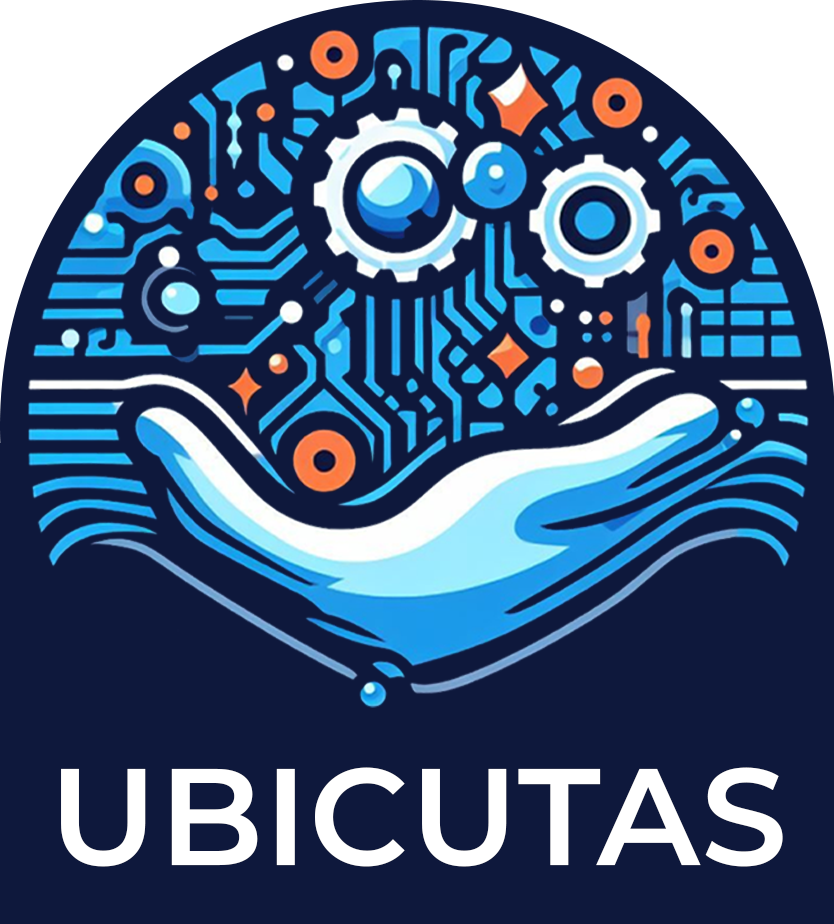In today’s digital age, having a personal website has become essential for professionals in all fields. Whether you’re a graphic designer, writer, photographer, or entrepreneur, a personal website provides an effective platform for displaying your portfolio, presenting your resume or CV, and showcasing your skills and expertise.
One of the key advantages of a personal website is the ability to display your portfolio. You can showcase your best work, whether it’s design projects, writing samples, or photographs. This allows potential clients or employers to get a glimpse of your capabilities and style, making it easier for them to decide if you’re the right fit for their needs.
Another important aspect of a personal website is the blogging platform. By maintaining a blog on your website, you can share your thoughts, insights, and expertise with others in your field. This not only helps to establish yourself as an authority in your industry but also provides valuable content for your audience.
Personal branding is another key benefit of having a personal website. You can create a cohesive online identity that reflects your professional image and values. This helps to differentiate yourself from others in your industry and makes it easier for potential clients or employers to remember you.
Managing your online presence is also made easier with a personal website. You have control over the content and design of your website, allowing you to present yourself in the best possible way. Additionally, you can integrate your social media profiles and other online platforms to further enhance your online presence.
A personal website can also serve as a networking hub. You can include links to your social media profiles, online communities, and professional networks. This makes it easier for others to connect with you and opens up opportunities for collaboration, mentorship, and career growth.
Furthermore, a personal website can act as an online resume with multimedia elements. You can include videos, images, and interactive elements to showcase your skills and past experiences. This makes your resume more engaging and memorable.
If you have products or services to sell, a personal website can also serve as an e-commerce platform. You can set up online stores, payment gateways, and product/service listings to facilitate sales and transactions.
Event promotion is another useful feature of a personal website. You can create event pages, share event details, and even sell tickets directly through your website. This helps to streamline the event management process and reach a wider audience.
A personal website can also serve as a personal blog or journal. You can share your thoughts, experiences, and personal anecdotes with your audience. This allows you to connect with others on a more personal level and build a community around your interests.
Sharing educational content is another great use of a personal website. You can create tutorials, guides, or online courses to share your knowledge and expertise. This not only helps others but also establishes you as a thought leader in your field.
If you have hobbies and interests outside of your professional life, a personal website provides a platform to showcase them. You can create dedicated sections or pages to share your hobbies, interests, and creative pursuits. This adds a personal touch to your website and allows others to connect with you on a more personal level.
Community building is another important aspect of a personal website. By creating valuable content, engaging with your audience, and encouraging interaction, you can build a community of like-minded individuals. This fosters collaboration, support, and networking opportunities.
Resource curation is yet another benefit of having a personal website. You can compile and share useful resources, tools, and articles that are relevant to your industry or interests. This not only provides value to your audience but also establishes you as a trusted source of information.
Your personal website can also serve as a contact point for inquiries. You can include a contact form, email address, or phone number to make it easy for potential clients or employers to get in touch with you. This streamlines the communication process and increases the chances of securing new opportunities.
Lastly, an interactive online resume is a powerful tool that can be created on a personal website. You can include interactive elements, such as timelines, sliders, or infographics, to showcase your skills, experiences, and achievements. This makes your resume more engaging and memorable, setting you apart from other candidates.
